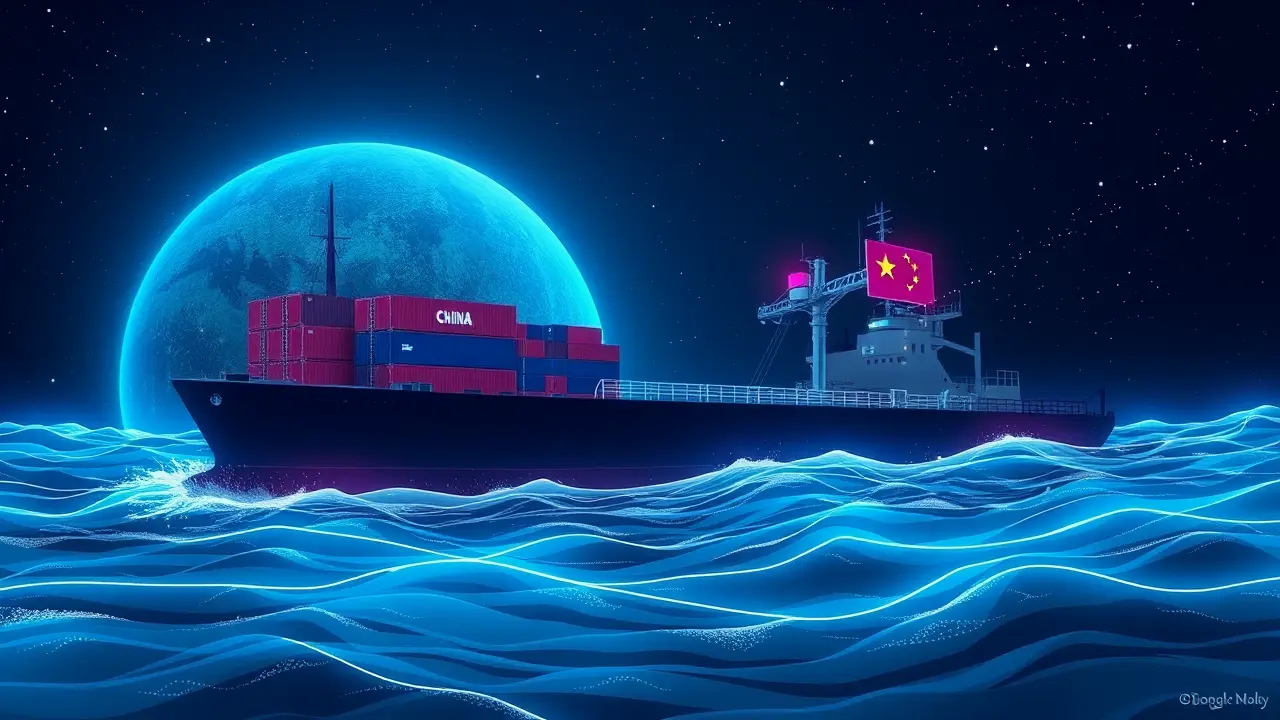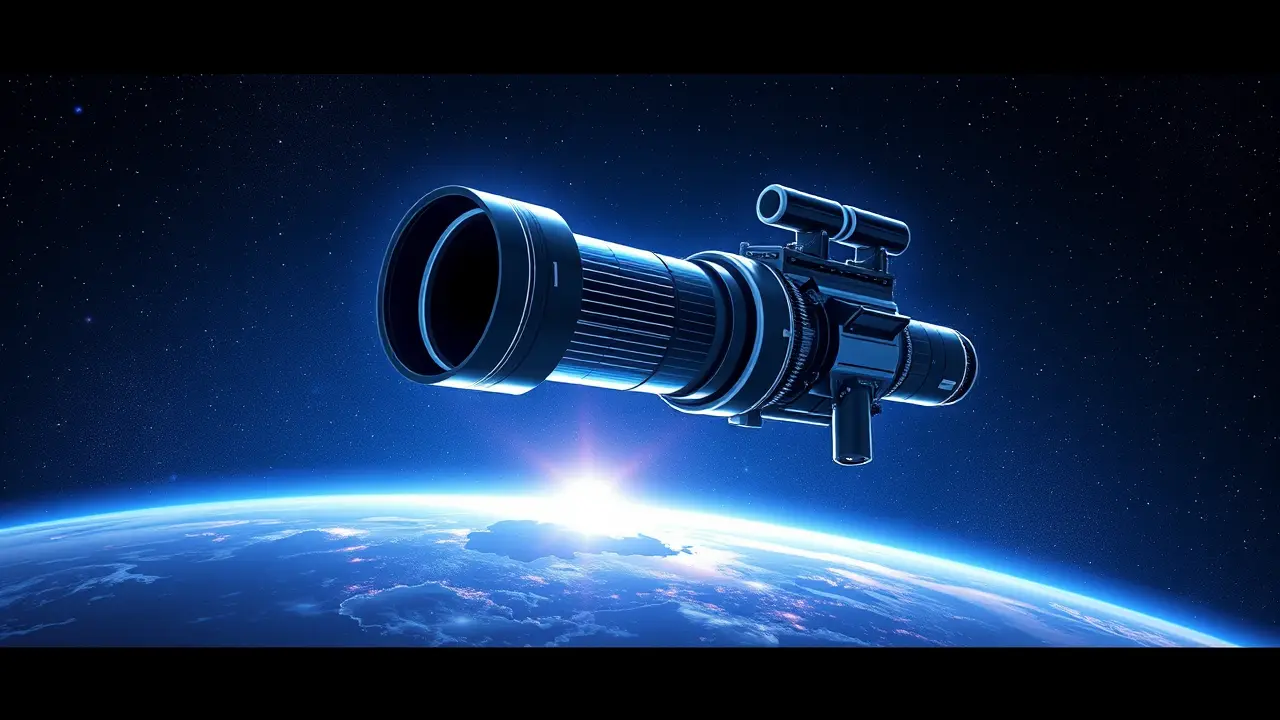
Sciencespace & astronomySatellites and Telescopes
China's Space Ambitions and GPS Independence.
TH
Thomas Green
3 hours ago7 min read
The saga of China's quest for celestial autonomy is a story born from terrestrial humiliation, a narrative that began not in the starry expanse but in the churning waters of the Persian Gulf. In 1993, the Chinese container ship Yinhe found itself stranded, a technological castaway after the United States allegedly jammed its access to the Global Positioning System (GPS).This event, a stark demonstration of geopolitical leverage embedded in orbital infrastructure, seared into Beijing's strategic consciousness a simple, unassailable truth: reliance on another nation's satellite constellation was an untenable vulnerability. A decade later, with the memory of the Yinhe's powerlessness still fresh, China pivoted its ambitions skyward, initiating a long-term strategy to bypass the American-controlled network that had become the invisible nervous system of the modern world.Their initial move was one of partnership, not confrontation; they turned to the European Union, pledging a substantial €230 million to become a key stakeholder in the Galileo project, Europe's own ambitious endeavor to create an independent global navigation satellite system. This alliance, however, proved fleeting.European partners, wary of sharing sensitive technology and granting significant influence, reportedly relegated China to a secondary role, a move interpreted in Beijing as a profound lack of strategic trust. This perceived snub became the catalyst for one of the most significant technological end-runs of the 21st century.Rather than accept a junior partnership, China resolved to go it alone, pouring immense resources into the BeiDou Navigation Satellite System. The program unfolded with breathtaking speed and scale, a classic display of state-directed technological mobilization.Beginning with regional coverage and culminating in a fully global constellation declared operational in 2020, BeiDou is now a direct competitor to GPS, GLONASS, and Galileo. Its implications stretch far beyond mere redundancy.For the Chinese military, it guarantees secure, encrypted positioning for its missiles, drones, and naval vessels, fundamentally altering strategic calculations in hotspots like the Taiwan Strait and the South China Sea. For its Belt and Road Initiative, it offers partner nations an alternative to Western systems, weaving technological dependence into its infrastructure diplomacy.Domestically, it has spawned an entire ecosystem of companies and technologies, from ride-hailing apps to agricultural drones and financial transaction timestamps, all built on the backbone of a sovereign network. This celestial independence is not merely a technical achievement; it is a profound statement in the new era of great power competition.Just as the Space Race of the 20th century was a proxy for ideological and military supremacy, the contest for dominance in low-Earth orbit and beyond today represents a struggle for economic and strategic primacy. China's success with BeiDou demonstrates a capacity for long-term, high-stakes technological investment that challenges Western assumptions, proving that it can not only match but in some aspects accelerate past established powers.The void of space is now crowded with rival constellations, each a testament to national ambition and a reminder that the high ground is no longer the exclusive domain of a single nation. The journey from the stranded Yinhe to a network of dozens of sophisticated satellites is a masterclass in turning strategic humiliation into a catalyst for sovereign capability, forever changing the balance of power in the final frontier.
#featured
#China
#space ambitions
#GPS
#Galileo project
#satellite navigation
#Yinhe incident
Stay Informed. Act Smarter.
Get weekly highlights, major headlines, and expert insights — then put your knowledge to work in our live prediction markets.
Related News
© 2025 Outpoll Service LTD. All rights reserved.
